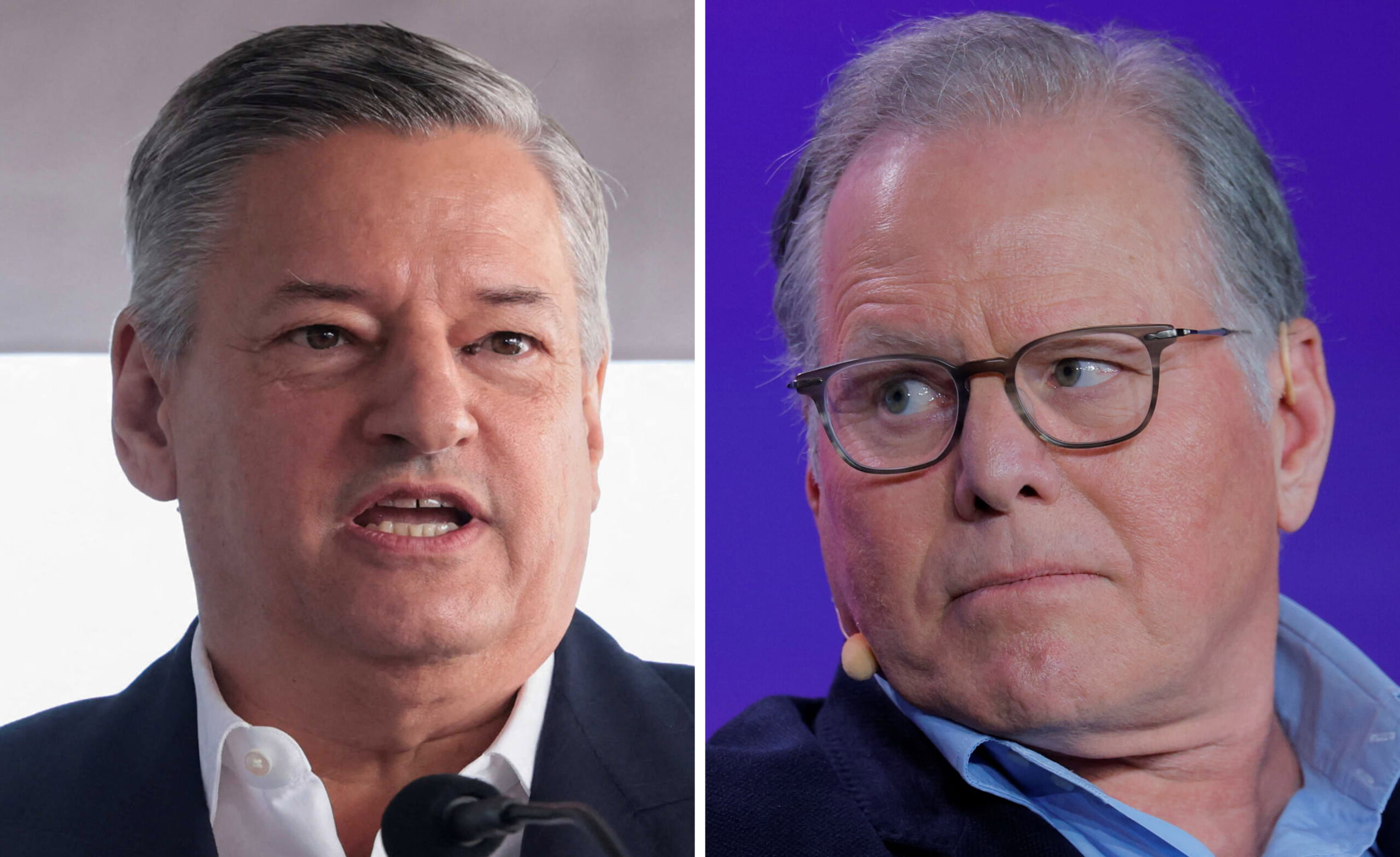WASHINGTON: US President Joe Biden may have just received a timely election boost from an unlikely source.
The Organisation of the Petroleum Exporting Countries and its allies’ (Opec+) decision on Sunday to put more oil into the global market potentially keeps a lid on petrol prices through to the end of the year, which could help cool voters’ wrath over costs at the pump.
Even though US presidents have little control over oil markets in the short term, their fortunes have often been tied to prices at the pump, with voters not hesitant to punish politicians for expensive fill-ups.
And with signs posted prominently at corner stations, the cost of fuel remains one of the most visible inflation indicators.
“The Biden administration has clearly gotten a big dollop of relief here,” said Bob McNally, president of consultant Rapidan Energy Group and a former White House official.
Oil prices have dropped almost 5% since Opec+ agreed on Sunday to gradually unwind some production cuts starting in October – earlier than expected – a decision some analysts said may weigh on crude in the months ahead.
The move also may boost oil flows into the global market weeks ahead of the US election, potentially lowering the cost of petrol as voters head to the polls.
Crude oil is the biggest factor in what consumers pay for petrol in the United States, accounting for more than half of the retail price.
In a May Bloomberg News/Morning Consult monthly tracking poll in the seven key swing states that will decide the 2024 election, 30% of voters said petrol prices were the most important economic factor to them. Voters in those states trusted Trump more than Biden to handle the issue by a margin of 49% to 32%.
Moody’s Analytics chief economist Mark Zandi said if petrol falls toward US$3 for 4.5 litres by election day, Biden should win re-election.
But if prices rise to more than US$4, Donald Trump is more likely to prevail. Prices averaged about US$3.52 for 4.5 litres on Monday. — Bloomberg


